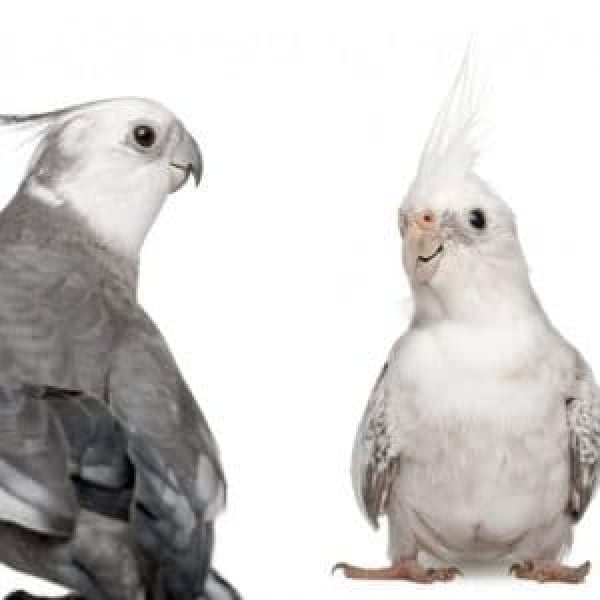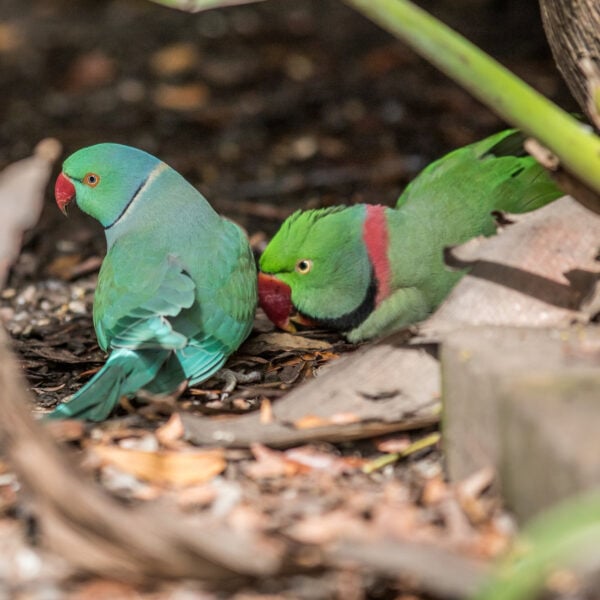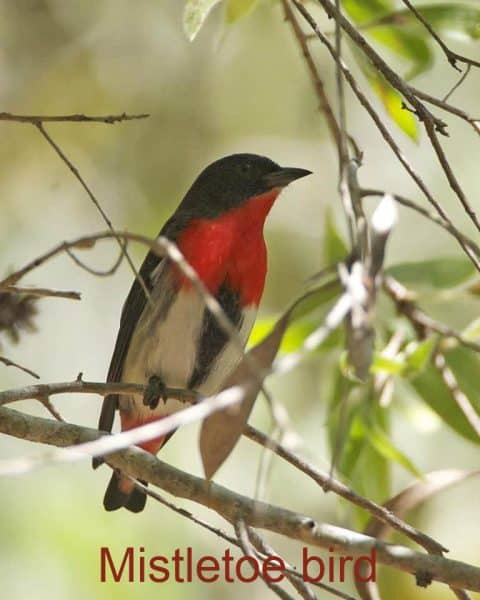Last Updated on by Mitch Rezman
I have a cockatiel that has had extreme polyuria for years.
The vet believes it is liver damage.
He is a heavy whiteface pied.
Those mutations have been known to develop liver problems.
I am searching for ways to help his polyuria.
He is otherwise healthy and happy.
(sorry couldn’t find a white face pied pic)
Hi Michelle
Just paying my due diligence here.
I am aware that polyuria can manifest itself ss a metabolic disorder affecting the liver and the pancreas
I just want to make sure that bacterial infections have been ruled out because many birds get them from drinking water with poop in it
Polyuria may also be seen with diet changes like eating fruits and vegetables – which is temporary and normal – stress is also a trigger
Just want to make sure you’re covering all your bases
mitchr
It so happens I have a picture of our “white face lutino” cockatiel popcorn
Feathered factoid: Michelle was spot on – mutation’s immune system are not as strong as good old grey cockatiels – one of the most durable birds we know according to Dr. Byron at Animal House of Chicago.
You may call Popcorn a “white face lutino,” we think she’s an “albino” cockatiel – you say tomato
While I await Michelle’s response let’s talk a little about polyuria beginning with the three components of bird poop urine, urates, and feces.
The cloaca serves as a reproductive and excrement tract from which all three flow out of the bird.
Urine the liquidy part of the droppings which when especially runny while the fecal side of things is still solid and has some form, may indicate your bird is polyurea.
Birds are creatures of habit so if they’re eating less or they seem a little run down these are indications of possible polyuria or some other avian malady.
Should they start vomiting, exhibit diarrhea, or notice blood in the stool, it’s time to take your bird to a board-certified avian veterinarian who can evaluate your bird’s condition and prescribe treatment.
The intestinal tract is responsible for the production of feces which are usually a greenish or brownish color. Kidneys are responsible for the production of urates.
A bird that drinks a lot of water may have runny poop versus a bird that takes in less water will have soft toothpaste-ish consistency, poop.
| Antibiotics Cancer Changes in diet Diabetes Excessive fluid intake Hormonal imbalances |
Infections Infectious diseases Liver disease Metabolic problems Parasites Poisoning |
Renal (kidney) failure Steroid use Stress Vitamin imbalance Watery fruits and vegetables |
Possible triggers of polyuria
If your bird is drinking more water than normal this may be a red flag indicating infection or disease. If a bird’s kidneys were dysfunctional or lost the ability to create concentrated urine, this could trigger polyuria and dehydration from the excessive amount of water lost.
You can actually use any flat digital kitchen scale
A healthy bird will drive food through the digestive system using even intestinal tract contractions.
If these contractions get disrupted which can happen with diarrhea, the food moves forward too fast. Because the food is moving too fast it’s no longer being absorbed by the colon and actually enhances polyuria.
I know it’s a lot to wrap your head around.
The best thing you can do for your bird is to weigh him or her weekly.
Polyuria can come and go.
It can be triggered by stress, pellet conversion (the bird may be drinking more water), brooding & and feeding offsprings because they are drinking more water to dilute regurgitated food.
Because fruit and vegetables contain a lot of water a bird may become temporarily polyuric after eating said foods.
Written by Mitch Rezman
Approved by Catherine Tobsing
Author Profile
Latest entries
 Feeding Exotic BirdsDecember 29, 2025How to Switch or Convert Your Bird From Seeds to Pellets: Real-Life Case Studies and Practical Guidance
Feeding Exotic BirdsDecember 29, 2025How to Switch or Convert Your Bird From Seeds to Pellets: Real-Life Case Studies and Practical Guidance Feeding Exotic BirdsDecember 16, 2025A Practical, Budget-Smart Guide to Feeding Birds Well
Feeding Exotic BirdsDecember 16, 2025A Practical, Budget-Smart Guide to Feeding Birds Well Bird EnviornmentsDecember 7, 2025Understanding Budgie Cage Bar Orientation: Myths, Realities & Practical Solutions for Vertical-Bar Bird Cages
Bird EnviornmentsDecember 7, 2025Understanding Budgie Cage Bar Orientation: Myths, Realities & Practical Solutions for Vertical-Bar Bird Cages Feeding Exotic BirdsDecember 5, 2025How Dr. T.J. Lafeber Rewrote the Future of Pet Bird Nutrition
Feeding Exotic BirdsDecember 5, 2025How Dr. T.J. Lafeber Rewrote the Future of Pet Bird Nutrition



